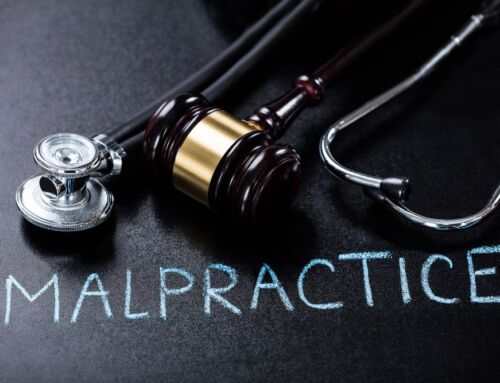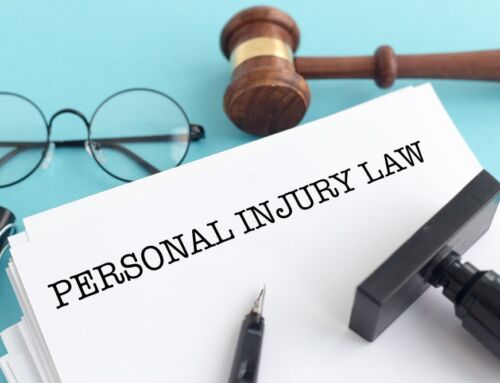Criminal Defense Lawyer
In general, criminal defendants are advised to seek legal representation. As a DUI lawyer from a firm like the Law Office of Daniel J. Wright can explain, there are many affordable and free options for defendants facing criminal trials. However, some defendants may choose to represent themselves. This can be a complex process, even in a seemingly straightforward case. If you’re contemplating representing yourself in a criminal trial, think about these considerations before moving forward.
Examine All Options
In the United States, defendants in criminal cases have the right to representation. Individuals who cannot afford a lawyer may choose to work with a public defender at no cost. In addition, legal aid societies and pro bono groups provide free or discounted legal services to criminal defendants.
Depending on your circumstances, a criminal defense lawyer may be willing to represent defendants at a discounted rate. If you’re involved in a criminal case, shop around and research different law offices in your area. You might be able to find affordable private representation or legal consultation.
Know the Process
Perhaps you’ve considered the various options for legal defense and are still interested in representing yourself in a criminal case. In that case, your next step should be to learn about the trial and sentencing process. Familiarize yourself with the trial schedule and courthouse location for your area. You’ll also have to investigate your case and decide how you might want to plea. This means examining the law, evidence and possible sentencing you may face so you can make an informed choice.
In addition, you will need to collect evidence for the trial and prepare any documents you intend to bring to court. If some aspects of the trial process seem too daunting, remember that you may choose to represent yourself at your arraignment but work with a defense lawyer during later phases of your case.
Evaluate Your Case
Once you’ve learned more about the court process, you can evaluate your case and decide if it would be appropriate to represent yourself. In general, minor offenses with less severe sentencing are better suited to self-representation than felonies or violent crimes. However, keep in mind that even a relatively minor conviction such as a traffic offense can having lasting consequences like increased car insurance costs. Sentencing for criminal offenses can sometimes be difficult to predict.
You might consider receiving consultation from a criminal defense lawyer even if you’re representing yourself. A lawyer may offer valuable insight into your case, including the possible sentence you could face, which could help you formulate a good strategy for your trial.
If you’re thinking of representing yourself in a criminal case, contact a criminal justice lawyer for a consultation.





